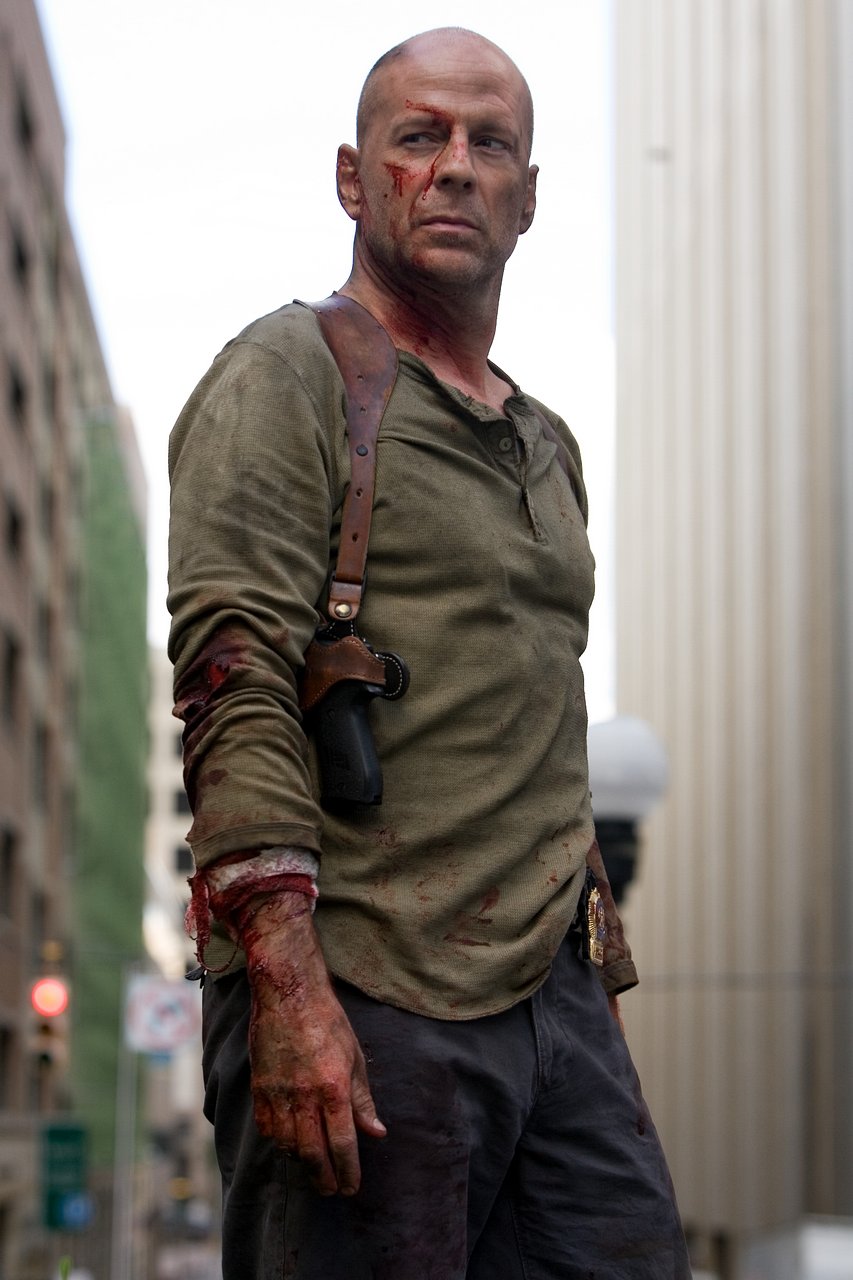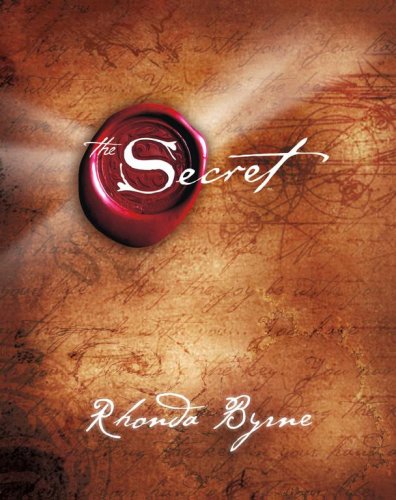
Die Hard 4.0 marks Bruce Willis’ return for the fourth time to the role that made him a superstar, that of Detective John McClane, an everyman copper who gets no respect even as he performs one heroic deed after another because, in his words, “he’s that guy”.
I must say, in some level, it was nice to see Willis back to his wisecracking best, performing impossible stunts and getting banged up in a way no self respecting hero would dare allow himself to be.
The Die Hard movies (at least the first two) worked because we, the audience, cared about McClane. We wanted him to win because he represented all the working Joes out there who, in a given situation, would do the right thing without ever wondering if it was heroic. Sure, we wouldn’t exactly jump off an exploding building or take on a terrorist on the wings of an airplane, but the gut instinct to reach out and help someone is there in most of us.
But McClane, like many of his fans, has grown older and wearier, a dinosaur in a world of computers and the Internet. And
This is the post 9/11 world, but to the producers’ credit, the terrorists in the movie are home grown and not foreign elements at work (though for some reason, the henchmen are French; liberty fries, anyone?).
Someone has been getting hackers to write algorithms for them in the pretext of a security check, and as soon as the program is ready, eliminates the authors. They then put the programs to work, hacking into government computers as a prelude to larger hacks to come. The Feds are understandably nervous and decide to bring in all known hackers on their dangerous list in for questioning. To do this quickly, they arrange for the local cops to bring in the suspects.
As luck would have it, McClane – now divorced and estranged from his daughter – gets the dirty job to bring in one of the hackers, Matt Farrell (played by a suitable enthusiastic Justin Long) but ends up saving the young man’s life when hired goons try to kill him off.
By the time McClane gets the boy to D.C., all hell is breaking loose as the terrorists take control of the transportation system and communications network. With the government agents clueless, it is up to McClane and his new sidekick to find the terrorists and stop them from sending
There are plenty of stunts, fights and explosions in this movie, though there are no showstopper moments like in the previous ones (the blowing up of the White House doesn’t count). McClane really gets beaten to pulp here, but the fact that he keeps on going makes him look more like Rambo. This is too bad, cos for the most part, Willis makes McClane feel very believable. But the final third of Die Hard 4.0 has one ridiculous scene after another, making it very hard to root for McClane.
And as for the premise of hackers being able to have a “fire sale” and bring the government to its knees, ho hum – we’ve seen it all before. What is interesting is that the Homeland Security Department is made to look extremely incompetent as the events unfold. But, as one hacker points out, this is the government that took four days to send water to the people stuck in the Superdome after Katrina, so maybe it’s not such a stretch after all.
I think it’s time McClane retired from the force and go slowly into the night. He could have traded in on his fame (after movies I and II) and gone into private consulting to make big bucks, but that’s not the kind of guy he is. But the world has changed, McClane. It’s a shame, actually. We like you. We really do. But it is time to call it a day.
Mitra Themis
